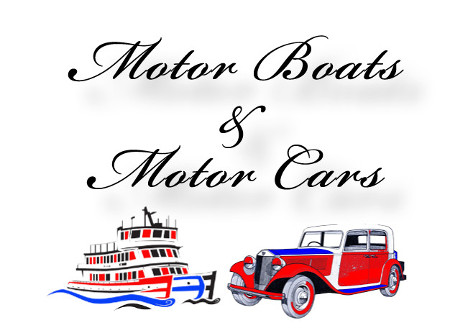Late last month, more than 200 attendees celebrated the Detroit River’s impact on automotive and labor history at Motor Boats & Motor Cars. Now in its second year, the event included an exclusive tour of the waterway aboard the Diamond Belle.
“This happens to be a special year because we are paying tribute to a unique confluence of historic automotive labor events that occurred in the 1930s,” said Shawn Pomaville-Size, Executive Director of MotorCities National Heritage Area. “The ripple effects of these events can still be felt in our modern workforce today.” Building the Engine: Auto and Labor, 1932-1937 raises awareness of historical events like the Ford Hunger March, the Kelsey-Hayes and Flint sit-down strikes, the Battle of the Overpass, and the Lansing Labor Holiday. It was developed by MotorCities, the Michigan Labor History Society, and other partners.
“We were able to highlight many of the sites associated with these events on our tour of the Detroit River,” Pomaville-Size said. “We are offering a one-of-a-kind experience by telling the story of auto and labor in the city through the lens of the river. It’s an important piece of our history.”
In addition to food and festivities, classic cars took guests past the historic boats and marine engines stationed by the river.
The event raised funds to support MotorCities National Heritage Area, a non-profit affiliate of the National Park Service that links the story of Michigan’s rich automotive legacy through grant making and education.
Motor Boats & Motor Cars was sponsored by the Detroit Metro Convention & Visitors Bureau, UAW International, and GM-UAW.


Recent Comments